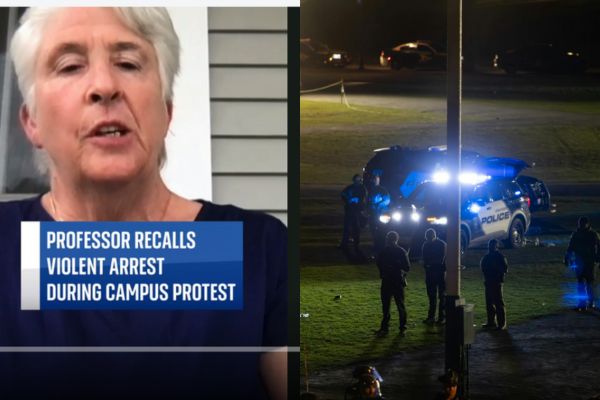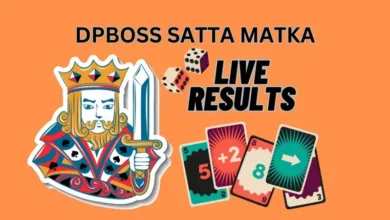Junk DNA May Not Be Useless As Believed, Aussie Researchers Find Vital Link

Post Traumatic stress disorders and phobias are often considered psychological, and treatment is usually supportive and palliative. However, Australian researchers have discovered the route to alleviate fear-related memories of people who have post-traumatic stress disorder (PTSD) and phobias in the form of a piece of DNA that was earlier believed to be junk and of no use.
A new study headed by associate professor Timothy Bredy, a neuroscientist at the Queensland Brain Institute (QBI), attached with the University of Queensland, said that the groundbreaking discovery would help target a specific portion of the brain which modifies traumatic memories.
The latest findings were published in the journal Cell Reports on Wednesday. The published article details how trauma impacts a genome. A genome is described as a complete set of genes or genetic material, DNA.
The researchers led by Bredy tested specimens. In this case, mice were trained to respond to s stimuli. First, the mice were behaviorally trained, and then specific cell types from their prefrontal cortex (a part of the brain) were examined to check how genes are expressed in response to experience.
‘Junk’ DNA Has A Benign Existence Myth Broken
Until now, most researchers believed that most of our genes were made up of ‘junk’ DNA which has a benign existence and didn’t do anything. However, Bredy and his team, including scientists from China and the US, found that numerous long non-coding RNA (lncRNAs) were active in response to the stimuli.
Using cutting-edge technology, the scientists could peer into a part of the genome which was not possible earlier. As a result, the researchers were able to identify the 433 lncRNAs from relatively unknown regions of the human genome.
The new gene has been christened ADRAM (which stands for Activity-Dependent lncRNA Associated with Memory), and it helps to coordinate the formation of fear extinction memory. The next step is to harness the selectivity of lncRNAs to treat cognitive impairment disorders.










